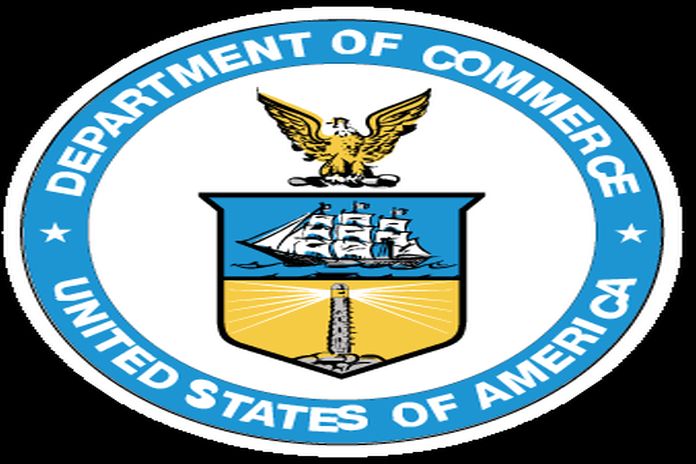WASHINGTON, USA – The US Department of Commerce announced the adoption of a final rule modernizing the Steel Import Monitoring and Analysis (SIMA) system. Commerce also announced plans to unveil a new online platform for SIMA on Commerce’s website in October.
“These significant improvements to SIMA will enable Commerce and the public to more readily identify trans-shipment and circumvention involving steel imports,” said US Secretary of Commerce Wilbur Ross. “This is one more way the Donald Trump administration is standing up for our workers and families across the country who depend on a strong American steel industry.”
The regulatory changes adopted by today’s final rule will:
(1) require steel import license applicants to identify not only the country of origin, but also the country where steel used in the manufacture of the imported product was melted and poured, as defined in the final rule;
(2) expand the scope of steel products subject to the import licensing requirement to include all products subject to Section 232 tariffs;
(3) extend the SIMA system indefinitely; and
(4) codify the existing low-value license requirement for certain steel entries up to $5,000.
Commerce received public comments on these regulatory changes, as published in a March 2020 proposed rule.
The new online platform for SIMA to be released on Tuesday, October 13, 2020, represents the first major overhaul of the system since it was last updated in 2005. The updated SIMA will offer free, modern data analytic tools to the public for performing detailed, customized data analysis. These tools will aid in the identification of changing trade patterns and surges in US imports of steel products, as well as potential circumvention and evasion.
Commerce will hold a series of webinars for users to become familiar with the updated SIMA system. The webinars will be offered on a first-come, first-served basis.
The updates to SIMA are consistent with the May 17, 2019, joint understandings between the United States and Canada, and the United States and Mexico, which provided that in monitoring for steel import surges, the United States may treat products made with steel that is melted and poured in North America separately from products that are not.
SIMA is administered by Commerce’s Enforcement and Compliance unit within the International Trade Administration, which is responsible for vigorously enforcing US trade laws.





